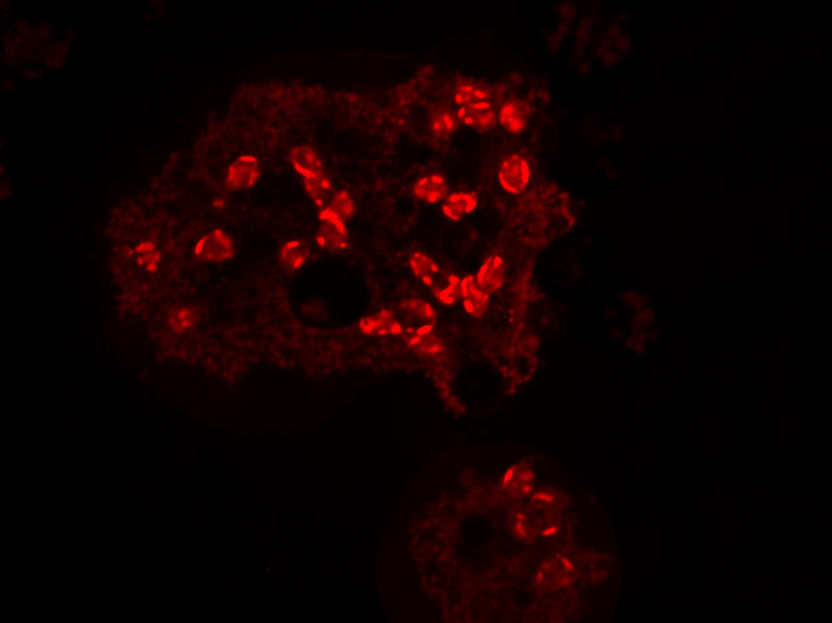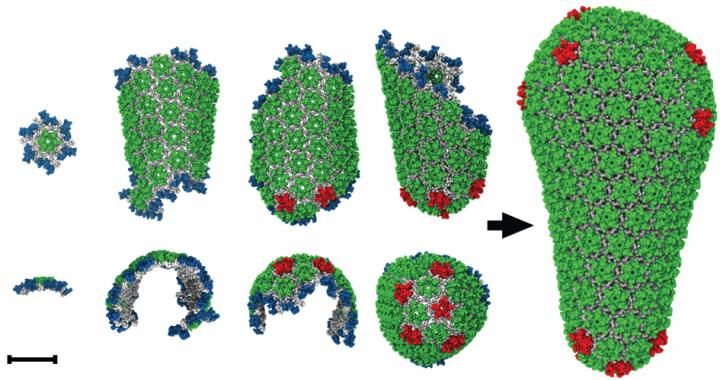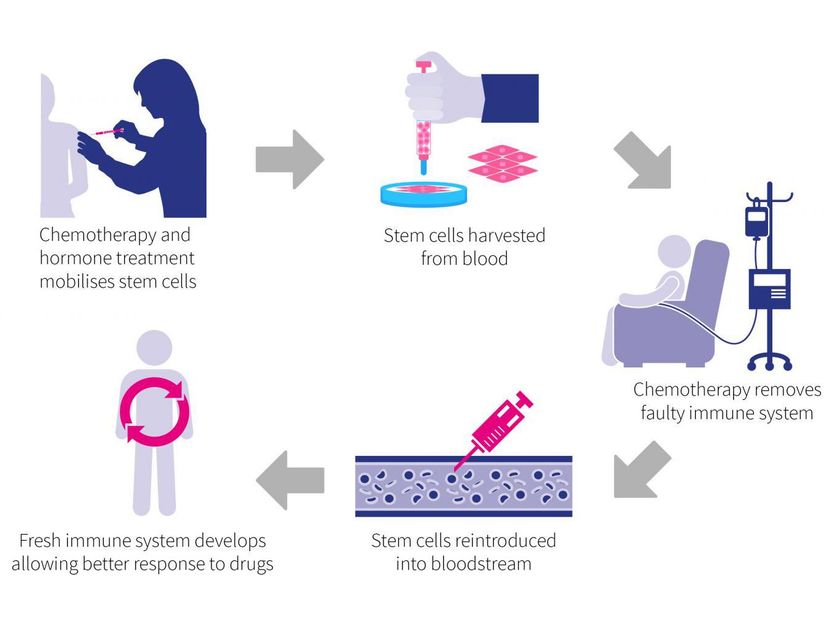Merck Serono Commits € 1.2 million to the Grant for Fertility Innovation for 2015/16
Globally, six projects receive funding from this grant cycle
Merck Serono announced its strong support of the Grant for fertility Innovation (GFI) fund with grants totaling up to € 1.2 million for the years 2015 / 2016. The announcement was made during the 31st annual meeting of the European Society of Human Reproduction and embryology (ESHRE) currently taking place in Lisbon.
Launched in 2009, the GFI is dedicated to transforming innovative translational fertility research projects into concrete health solutions to improve the outcomes of assisted reproductive technologies (ART). In the last six years, approximately 750 applications to GFI were received from over 50 countries around the world; from this year’s applications, six projects from five countries were awarded a grant for a total of € 1.2 million.
“The GFI program fuels innovation and cutting-edge fertility research that has the potential to positively impact outcomes for couples - to further increase the success rate," said Dr. Steven Hildemann, Global Chief Medical Officer and Head of Global Medical and Drug Safety at Merck Serono. “We are excited by the growing number of high quality applications each year, reflecting significant opportunity for continued research and scientific advancement in fertility, where there is still unmet need.”
Every year, the GFI awardees are announced during a ceremony at ESHRE’s annual meeting. This year, six winning projects were announced during the ceremony:
- Clinical translation of a new procedure for embryo evaluation based on miRNAs profiling from spent blastocyst culture media: prospective multicenter study: Antonio Capalbo - Genera Reproductive Medicine centres, Rome (ITALY)
- Glycomarker Panel for Prediction of IVF Outcome: Tracey Edgell - Hudson Institute of Medical Research, Clayton (AUSTRALIA)
- Improved diagnostic of in-vitro-fertilization using miRNome and microvesicles from early stage embryos: Andreas Keller - Clinical Bioinformatics Center Saarland University, Saarbrücken (GERMANY)
- Embryo derived trypsin: A novel and simple marker of embryo viability: Nick Macklon - University of Southampton (UK)
- Identification of novel markers of human oocyte aging via non-invasive RNA sequencing analysis of cumulus cells: Pasquale Patrizio - Yale Fertility Center, New Haven (USA)
- Exoxomes/microvesicles release as a non-invasive method to assess embryo activity: Paola Vigano - San Raffaele Scientific Institute, Milan (ITA
Most read news
Other news from the department science

Get the life science industry in your inbox
By submitting this form you agree that LUMITOS AG will send you the newsletter(s) selected above by email. Your data will not be passed on to third parties. Your data will be stored and processed in accordance with our data protection regulations. LUMITOS may contact you by email for the purpose of advertising or market and opinion surveys. You can revoke your consent at any time without giving reasons to LUMITOS AG, Ernst-Augustin-Str. 2, 12489 Berlin, Germany or by e-mail at revoke@lumitos.com with effect for the future. In addition, each email contains a link to unsubscribe from the corresponding newsletter.
Most read news
More news from our other portals
Last viewed contents
Medicago's H5N1 pandemic flu vaccine effective in key ferret animal model with single dose
Upper_gastrointestinal_bleeding

Defense alliance: Microscopic enemies targeted - Bacteria join forces against common enemy
Biocytogen Expands Partnership with Merck

Simulations describe HIV's 'diabolical delivery device'

How bacteria can be "tamed" for sustainable plastics production - Research team at Giessen University develops new system for tailored control of gene expression
ArGEN-X advances third therapeutic antibody program into preclinical development





















































